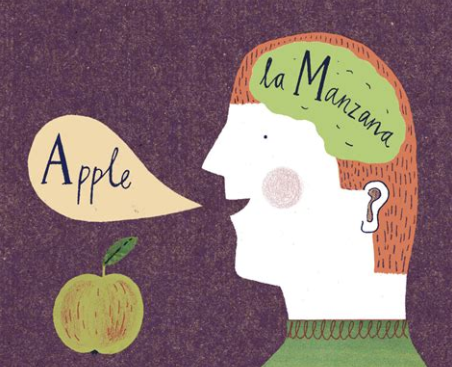both basic cognitive processes such as attentional control (selection of what to pay attention to) and cognitive flexibility (switching between trains of thought), and higher order cognitive processes such as planning and problem-solving
In a first study, the researchers compared monolingual and bilingual pre-kindergarteners in terms of numeracy (number identification and counting), mathematical reasoning (as reported by teachers), and applied problems. The data included over 1,000 bilingual U.S. children whose parents reported the use of a language other than English at home. Most of them spoke Spanish (80%), and many came from underpriviledged background. For that reason, the raw data suggested a negative relation between bilingualism and mathematical abilities. However, after controlling for important demographic variables such as age, gender, household income, maternal education, ethnicity, and language proficiency, bilingualism was significantly associated with better performance in mathematics. In a second study, researchers sought to confirm this positive influence of bilingualism with a more realistic measure (a standardized test comparable to those routinely taken by math students), and to test whether it remained intact as kindergarteners progress to 1st Grade. To this end, data on nearly 10,000 bilingual U.S. children was analyzed and compared to monolingual students. And just like in the previous study, bilingual students appeared to be at a disadvantage because of counfounding sociological variables, but bilingualism itself was finally found to have a positive influence on mathematical performances once factors such as socio-economic status were taken into account. Source: Haranto et alia (2018)
0 Comments
Your comment will be posted after it is approved.
Leave a Reply. |
|
Proudly powered by Weebly

